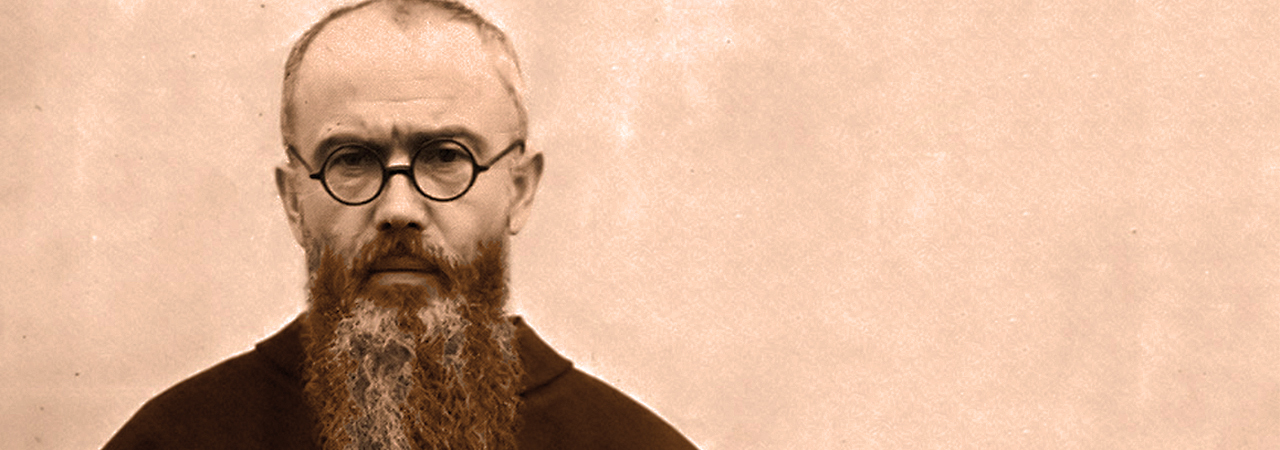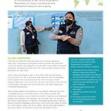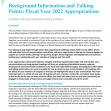

Saint Spotlight: Maximilian Kolbe
As we gaze on a world of refugees, stateless and endangered, in search of asylum, it is hard for the Catholic mind not to turn back to St. Maximilian Kolbe.
Maximilian Kolbe had great hopes for his religious life. Gifted with a vision of the Virgin Mary as a child, he entered his priestly career with the goal of inspiring spiritual revival through various communication media. And in this he was very successful, founding publications, a radio station and monasteries in Europe and Asia. But God had another plan in mind for Kolbe, as World War II arrived with ferocity to his native Poland.
Having returned to Poland prior to the war, Kolbe first responded by leading his Franciscan brothers in setting up a hospital. But he saw that his monastery was a relative island in the sea of violence and injustice of occupied Poland, and he began to take in refugees, displaced and threatened by the war. First a few, then many. His words to his friars resound through the ages and speak to us today: “We must do everything in our power to help these unfortunate people who have been driven from their homes and deprived of even the most basic necessities. Our mission is among them in the days that lie ahead.”
"We must do everything in our power to help these unfortunate people who have been driven from their homes." — St. Maximilian Kolbe
The monastery would come to house 3,000 Polish refugees, the friars sharing everything with their guests—housing, feeding and clothing them. Among these 3,000 were 2,000 Jews, threatened with no less than “The Final Solution.” Extermination. The Holocaust.
Fr. Maximilian was arrested for his activities, shipped to the notorious Auschwitz concentration camp, branded with the number 16670 and subjected to forced labor. Yet, he saw this as a chance to minister to his fellow prisoners and lead them in prayer. Following the escape of 3 prisoners, the camp’s commanders ordered that 10 prisoners be randomly selected and killed. One of the 10 cried out, begging for pity for his family, and Kolbe—offering his life for those in need to the end—volunteered to take his place.
Locked in solitary confinement, the laborers were left to starve to death. Kolbe comforted and ministered to the dying. After two weeks, only Maximilian remained. Needing the cell, the guards resolved to give him a lethal injection. Witnesses reported seeing him alone in peaceful prayer, and offering his arm up to his executioner. His remains were cremated on August 15, the Feast of the Assumption of Mary.
Kolbe’s stature in the Church of today is immense and profound. At his beatification in 1971, and again at canonization in 1982, Popes Paul VI and John Paul II each invited a special guest, Franciszek Gajowniczek, the prisoner whose life was spared by Kolbe’s final sacrifice, a living symbol of the Church’s mission of solidarity with the suffering, the prisoner and the refugee.
Pope St. John Paul II, his fellow Pole, would call Kolbe “the patron saint of our difficult century.” But our struggle continues into the 21st century, as violence displaces massive populations in search of refuge. And our shrinking, conflicted world calls us to a deeper solidarity, looking across borders and beyond differences, and seeing family, sacrificing for one another as families do.
As Kolbe did.
As Christ did.
“The greatest poison of our times,” Kolbe said, “is indifference.” Catholic Relief Services was born during World War II, an effort meant to reach out to the refugees displaced and impoverished by the war, US Catholics responding to the call of their Church. This was our challenge then, and it is our challenge now. May we respond as Kolbe did.
“Our mission is among them in the days that lie ahead.”
Lift your voice in support of those affected by forced displacement. St. Maximilian Kolbe used different forms of communication and media to evangelize and advocate for justice. Write a letter to your Members of Congress to help children who have been uprooted and affected by conflict and violence.
LIFT YOUR VOICE ON BEHALF OF REFUGEE CHILDREN
Sources:
Eternal Word Television Network, "Blessed Maximilian Kolbe—Priest Hero of a Death Camp."
Word on Fire, "9 Things to Know About St. Maximilian Kolbe."
Catholic Textbook Project, "The Patron Saint of Our Difficult Century."




